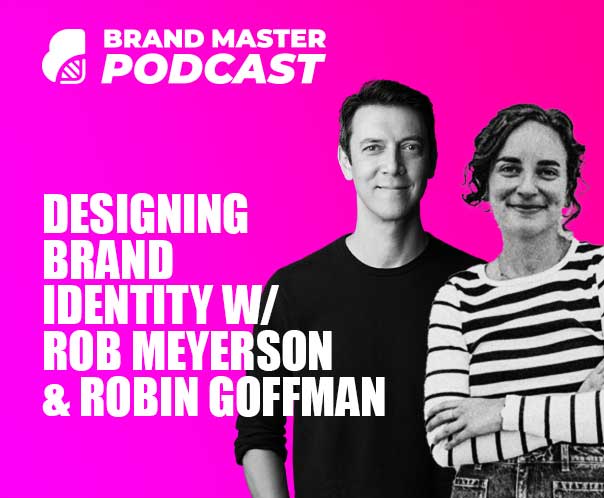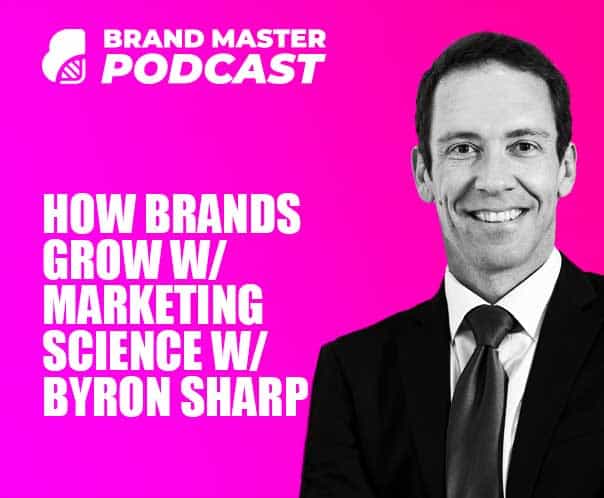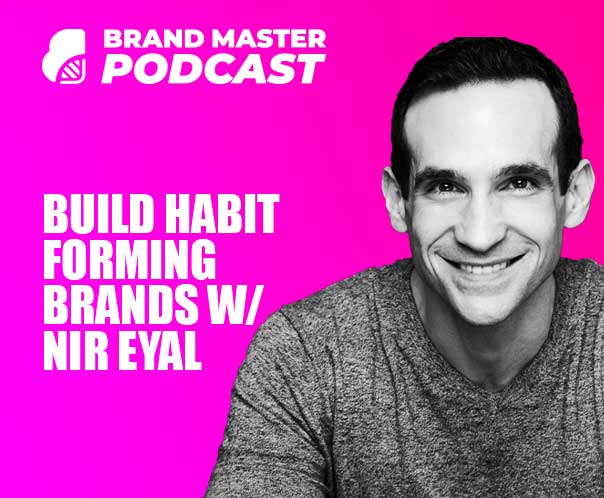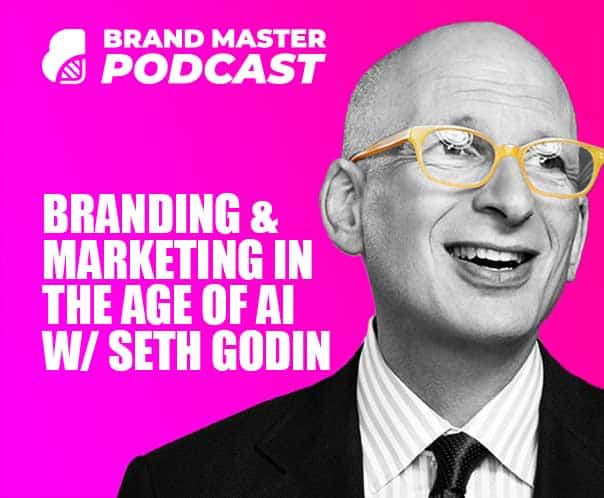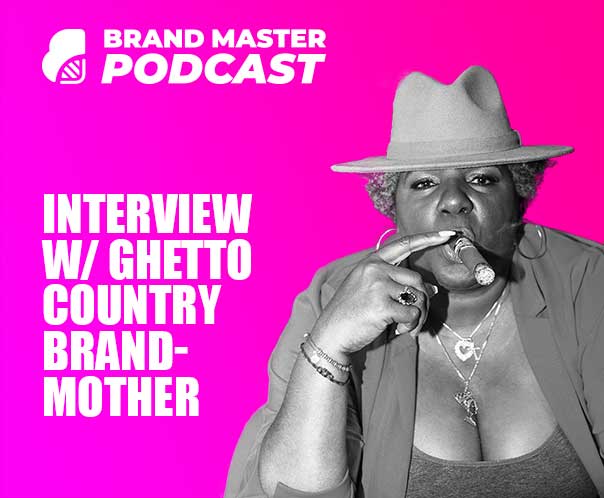So, what’s the difference between brand promise vs tagline?
If you were to believe a huge chunk of online articles on the topic, you’d end up believing that it’s the tagline, or the mission or the purpose, or all the above.
The brand promise is the brand promise and the other elements mentioned are individual brand strategy elements, each with their own task.
In this article, we’ll highlight why most confuse or misuse this strategic tool, but more importantly, how you can use it to shape the mind of your audience.
Definition Of A Brand Promise
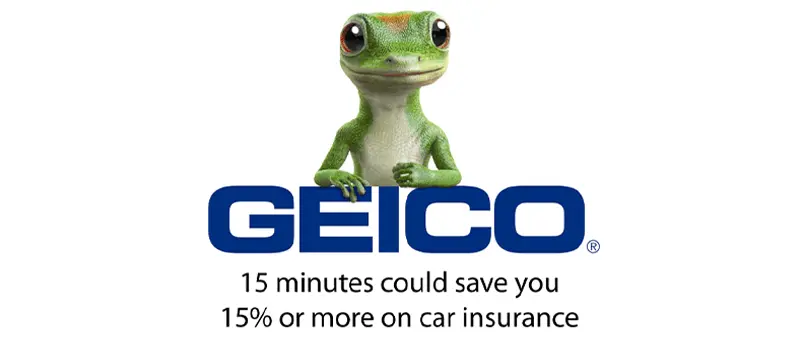
Before we dive any deeper, let’s define the brand promise.
“A Brand promise is the promise a brand makes to its audience (literal or assumed), about the overall experience they can expect from the brand”.
There are a couple of key factors in this definition we need to note.
Firstly, the promise being made is that of the brand experience one can expect. It’s not specific to a feature, benefit or even a product or service.
The brand promise goes beyond individual commitments and defines the higher-level holistic promise of the overall brand experience.
Secondly, the promise may be defined by the brand or assumed by the audience.
In other words, the brand may literally state a promise to their audience or the audience may assume a promise through the communication they receive.
Definition Of A Brand Promise

Before we dive any deeper, let’s define the brand promise.
“A Brand promise is the promise a brand makes to its audience (literal or assumed), about the overall experience they can expect from the brand”.
There are a couple of key factors in this definition we need to note.
Firstly, the promise being made is that of the brand experience one can expect. It’s not specific to a feature, benefit or even a product or service.
The brand promise goes beyond individual commitments and defines the higher-level holistic promise of the overall brand experience.
Secondly, the promise may be defined by the brand or assumed by the audience.
In other words, the brand may literally state a promise to their audience or the audience may assume a promise through the communication they receive.
Every Brand Makes A Brand Promise

Very few brands make a literal promise.
Though almost all brands have a tagline, which outlines what they do differently or what idea they want to own, most taglines don’t make a literal promise.
Of course, through the tagline, the brand makes an indirect promise to come good on the difference it claims to make, though the brand promise often goes beyond just that difference.
If a brand makes a direct and literal promise, it communicates its highest commitment to its audience and that promise is often what the brand becomes known for.
But whether or not the brand makes a direct promise, a promise is assumed by the audience through what it communicates across all touch points.
If the brand hasn’t articulated a brand promise, through its experiences, the audience will form their idea of the promise the brand makes.
Each one of these individual assumed promises is a promise the brand must keep.
PRO Brand Strategy BluePrint
Build Brands Like A Pro Brand Strategist
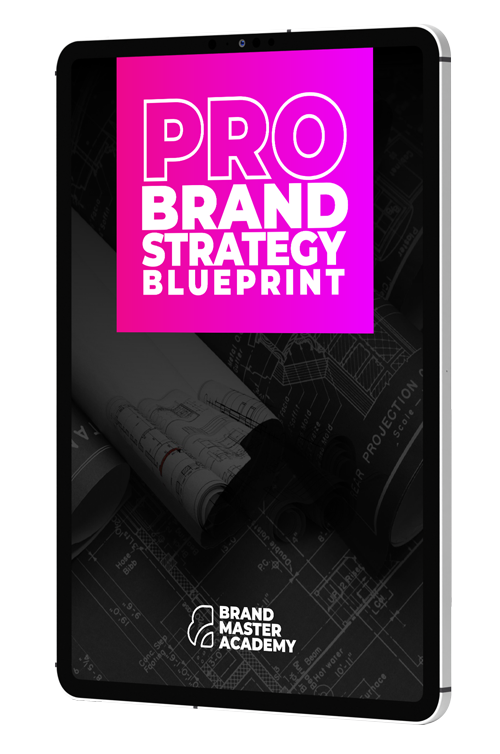
Brand Promise VS Tagline
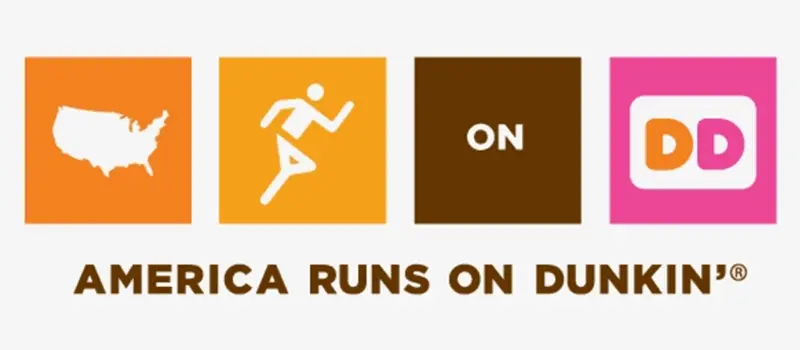
The tagline is often misrepresented as the brand promise because some taglines make direct and literal promises.
That said, not all taglines are promises.
Its important to make the distinction between the two and not make the mistake of thinking the tagline is the promise by default.
The tagline defines the core difference or the big idea of the brand.
It’s a key player in the positioning of the brand though it stands alone from the brand promise with its own specific goals.
Explore Brand Strategy
Programs & Tools
Brand Promise VS Brand Purpose

Another element often confused with the brand promise is the brand purpose.
The purpose is the “why” behind the brand as to why it exists aside from commercial intent.
While it does influence the brand promise and plays an important role in the development of the human brand persona, just like the tagline, it has its individual own role within the brand.
A Brand Promise Of A Brand Experience

To know how to write a brand promise effectively, we need to understand what the promise represents.
As I touched on before, the promise being made is that of the brand experience one can expect. It’s not specific to a feature, benefit or even a product or service.
So what is the “Brand Experience”?
It’s the overall experience your audience has with your brand, which results in the role they believe your brand could or will play in their lives.
So whether they experience your brand directly through a touch point such as your website or email sequence, or indirectly through a word-of-mouth conversation, your audience will build the idea of your brand in their mind.
From this idea, expectations are born which form the promise your audience associates your brand with.
As Marty Nuemeier said; “Your brand is not what you say it is, it’s what they say it is”.
Conclusion
There are plenty of people who will happily give you their take on what specific brand elements are or are not.
Always ask the question, what is the task of this brand strategy element and how does it differ from others?
As a brand builder, you can’t control what our audience expects from your brand.
Your brand lives in your audience’s mind and is built as an idea through experiences and communication at every touch point.
For more on brand promise check out this article on the different types of brand promise and how to write a brand promise statement.
Are you building your own brand or a brand for a client?
How are you representing the brand promise and has this article given you food for thought.
Let me know in the comments Right Now!
On-Demand Digital Program
Brand Master Secrets
Make the transition from hired-gun to highly valued brand strategist in less than 30 days. The systems, frameworks and tools inside this comprehensive program are all you need to level up.



